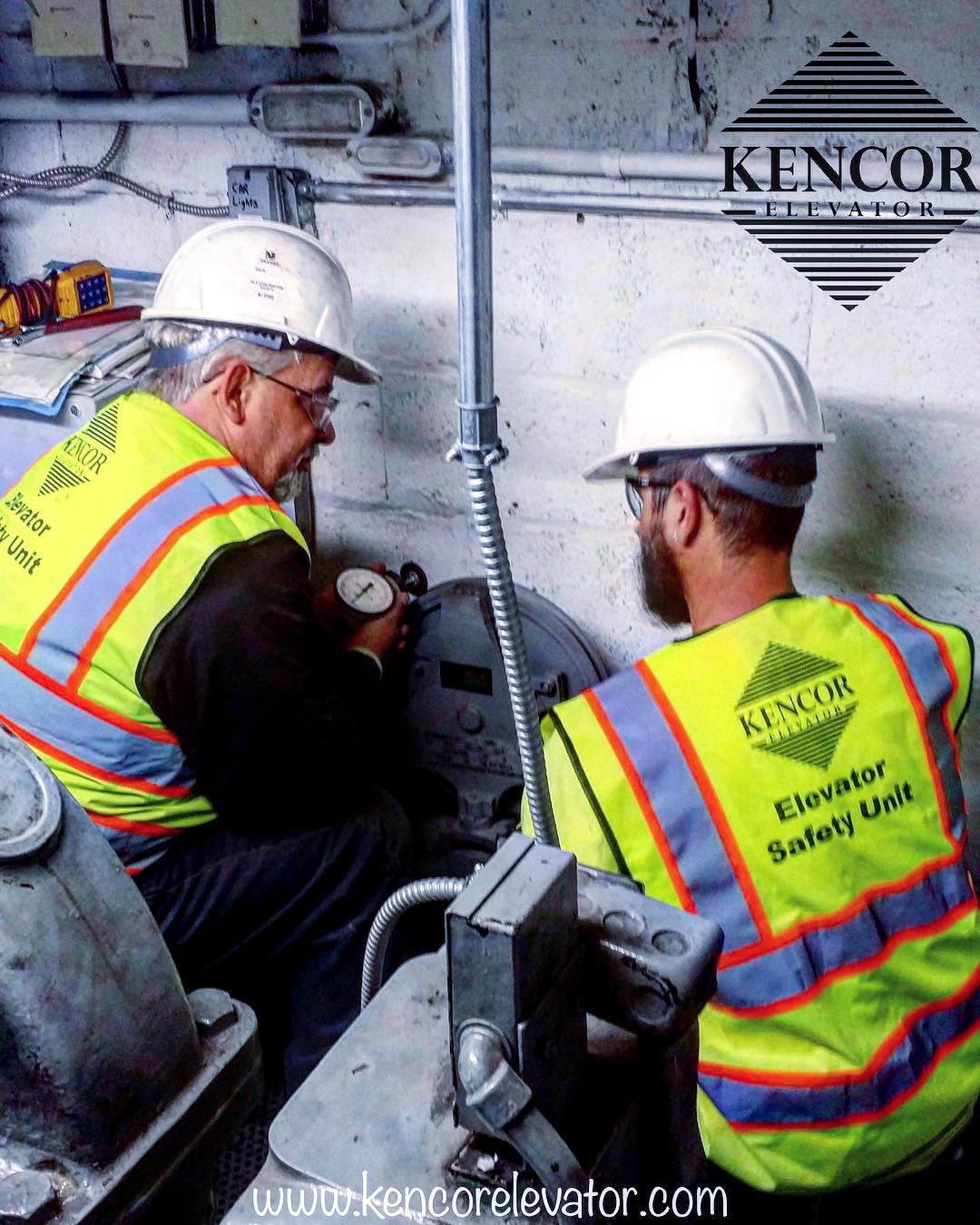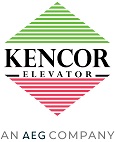Elevator Maintenance: What should you take into consideration when evaluating a contract

As one of the most widely utilized forms of transportation throughout the world elevators require ongoing and continual maintenance in order to function properly. Proper elevator maintenance ensures the safety of those who ride the equipment, and they should be inspected on a regular basis to ensure compliance with codes and standards.
With this in mind, building owners, property managers, and facility managers may have a general idea of what they need, but elevators are complicated and often times this can lead to uncertainty around the mechanics of the agreement and can cause the user to become locked into a long-term agreement with a provider who is not upholding the clauses as outlined within the contract.
Several key points to keep in mind when evaluating a contract are:
- The Service Frequency. How often is the provider proposing to perform the regularly scheduled maintenance? It is important to lay out expectations up front to ensure you have an understanding of how often to expect regularly scheduled maintenance visits.
- The Number of Preventative Maintenance Hours Per Visit. Many service providers in the industry are resorting to “drive by maintenance” or “shut down maintenance” in which they quickly look at the equipment which does not prevent service interruptions.
- Require a Written Maintenance Program. The most recent editions of the ASME A17.1 Safety Code for Elevators and Escalators require a written maintenance program be in place that includes examinations, maintenance, and tests of equipment at scheduled intervals.
- The Guaranteed Response Time. How long will it typically take for a technician to arrive after a service request is replaced. Several service providers in the industry can take days to arrive. For emergencies, the response time should be 2-hours or less.
- The Type of Contract. There are several types of elevator maintenance contracts withing the industry, but typically they can be classified as Oil and Grease or Full-Maintenance. Understand what is covered and what will be billed at an hourly rate.
- The Hourly Billing Rate. Have the elevator maintenance provider specify the hourly billing rate in the contract document for any charges incurred that are outside of the maintenance agreement. Often times this is omitted leaving you without a full understanding of what to expect for additional charges.
- Contract Renewal. Is there an evergreen clause that creates an automatic renewal for the full-term of the contract unless it is cancelled prior to the renewal date.
- How Long Has the Company Been in Business? A company with history of longevity within the space creates trust and removes risk for you.
Importance of Regularly Scheduled Service
It is imperative that routine and systematic maintenance be performed at various intervals depending on various site conditions such as equipment age, inherent condition, usage, and maintenance history. Consistent maintenance not only contributes to providing uninterrupted service, but it also adds to the lifespan of the equipment. The maintenance frequency should be specifically written into the maintenance control plan and maintenance agreement along with documenting what is and what is not covered under the agreement.
Elevator incident rates are extremely low, but unsatisfactory elevator maintenance programs can lead to increases in incident rates.
For more information, please contact our office:
Kencor Elevator Systems
www.kencorelevator.com
info@kencorelevator.com
800-220-4046
P.O. Box 1659
West Chester, PA 19380
